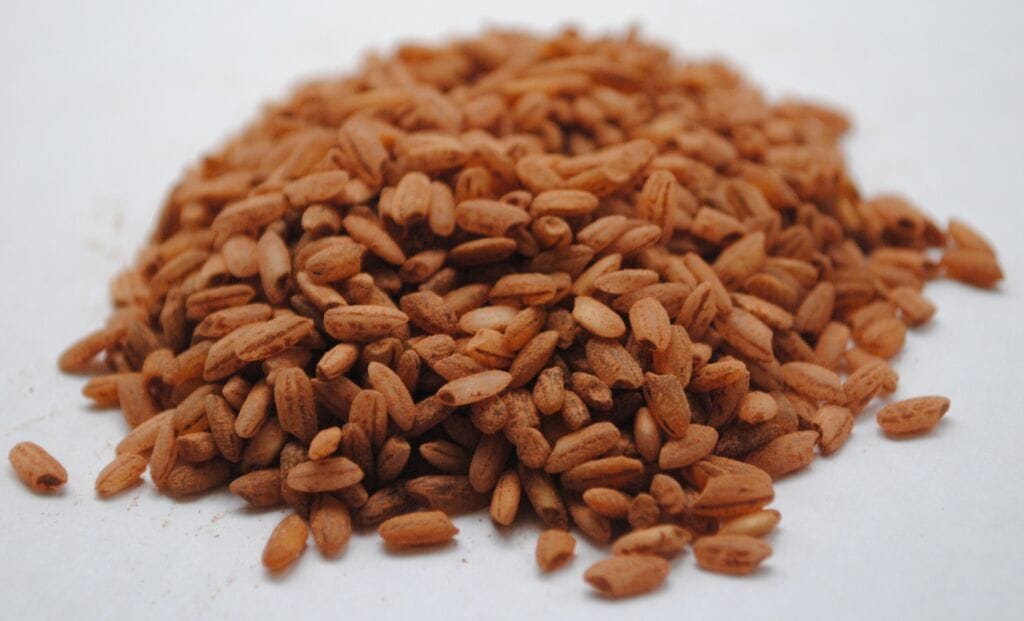Protein or amino acid products? What is the difference
Protein metabolism – nitrogen waste
When you eat proteins, they are broken down into their individual amino acids in the digestive tract. For a long time it was assumed that proteins primarily produce energy, but today we know that there is an anabolic (building up) and a catabolic (breaking down) metabolic pathway for proteins. In the anabolic pathway, the amino acids are only used for protein synthesis in the cells, which does not release any energy and these amino acids are therefore calorie-free. In the catabolic pathway, the proteins are “burnt”, releasing energy. Nitrogen is an essential component of amino acids, which is excreted in the catabolic metabolic process in the form of ammonia and urea; this is called nitrogen waste (90% ammonia, 10% uric acid). Depending on the type of protein, a considerable amount of nitrogen waste is produced. This must be broken down in the liver and excreted via the kidneys, which can place a heavy burden on both organs, especially in older or sick people. Animal proteins are on average more efficient than plant proteins, but they result in a higher nitrogen waste. Vegetable protein sources such as pulses or rice lead to a significantly lower nitrogen loss.
Common protein products
Various protein products are available on the market. The most common are protein powders based on whey, such as the well-known whey protein. This is relatively cheap and is obtained from the liquid left over after cheese production (whey). Fitness centres sell large quantities of whey-based protein foods for muscle building. Whey not only leads to a high nitrogen waste content, but is also rich in lactose, which is why it is not suitable for people with lactose intolerance. Protein powders based on soya or egg are also frequently offered. However, these protein products are also not suitable for everyone, as they also contain a high proportion of nitrogen waste and both soya and eggs are ingredients that many people are allergic to.
An alternative
A protein product made from rice protein isolate is a good alternative to the usual protein powders. It is made from brown rice and contains around 80 % pure protein of good biological value. A high-quality product made from fermented rice contains all the essential amino acids and also has a number of significant advantages. It is low in allergens, well tolerated and also suitable for vegans. Some manufacturers decide to add pea protein to their rice protein powder in order to make the rice protein more complete and enhance its value. Pea protein contains lysine, an amino acid that is only found in small quantities in rice. However, even with rice and peas, it must be noted that a certain amount of nitrogen loss is normal.

Recommended products
Product with hydrolysed amino acids
The highest quality form of protein intake is the intake of hydrolysed essential amino acids (EAA) according to the Master Amino Acid Pattern (MAP). Such a preparation is therefore recommended for people with chronic illnesses (especially of the intestines, liver and kidneys), the elderly, allergy sufferers and for top athletes or people who are very involved in sport. It is a special ratio of essential amino acids that enables optimum absorption. The amino acids are already broken down (hydrolysed) and are available to the body quickly (in less than 30 minutes), it is practically free of nitrogen waste and as it is hydrolysed amino acids and not proteins, no allergies can be triggered. It is a vegan food supplement in the form of pressed pellets obtained from pulses.
Protein product
Younger, healthy people who would like to supplement their protein intake, but for whom price is a major factor, can also use a vegan protein powder made from rice and pea protein. The term rice protein refers to a special protein isolate that is produced in a special process from unpeeled, brown wholemeal rice. The rice is made to germinate, which increases the content of certain vital substances (e.g. vitamins and antioxidants). To obtain the rice protein, the starch is removed and the proteins fermented. Fermentation increases the biological value, as simple rice protein does not contain all the essential amino acids, but fermentation can increase the content of vital amino acids to 80 %. A good product also contains creatine, L-carnitine, the B vitamins B2, B6 and B12 and is low in fat and sugar-free. However, it should be noted that this is a protein product and not already hydrolysed amino acids.

